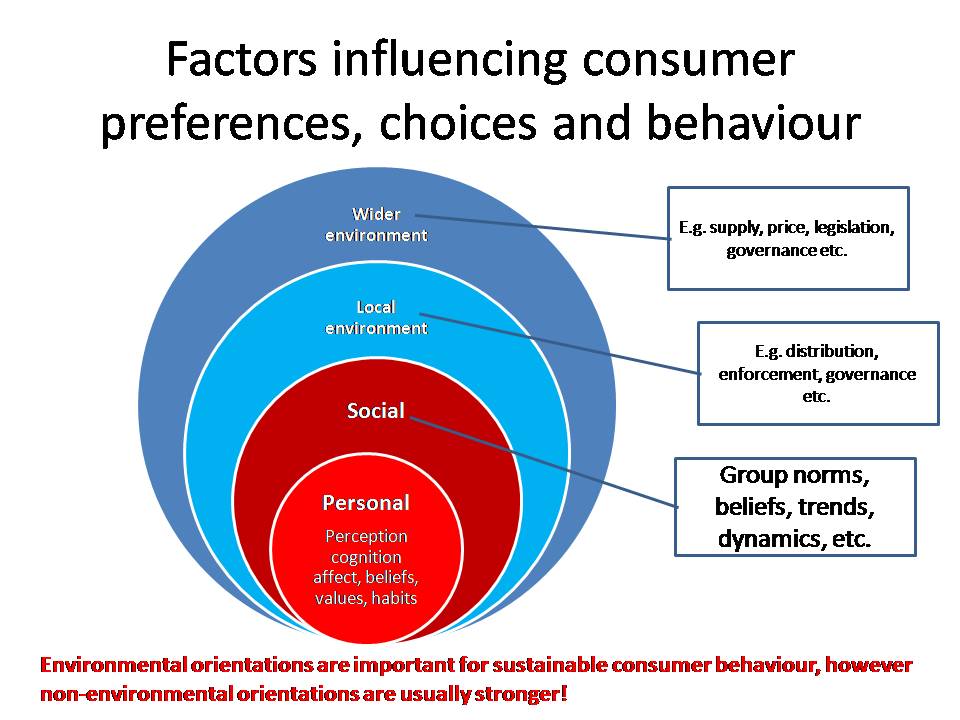Property valuation is a critical process in the real estate market, helping determine the worth of a property based on various factors. Whether you are housing, buying, selling, or investing, understanding property valuation is key to making informed decisions. This guide delves into the intricacies of property valuation, its importance, and the factors influencing it.
What Is Property Valuation?
Property valuation is the process of estimating the market value of a property. This valuation reflects the price a willing buyer would pay and a seller would accept under normal conditions. Accurate property valuation ensures transparency and fairness in real estate transactions.
Why is property valuation important?
- For Buying or Selling:
Buyers rely on valuations to ensure they are paying a fair price, while sellers use them to set competitive prices. - For Loans and Mortgages:
Lenders assess the value of a property to determine the loan amount. An accurate valuation minimizes risk for lenders. - For Investment Decisions:
Investors need valuations to assess the potential return on investment (ROI) from rental income or resale. - For tax purposes:
Governments use property valuations to calculate property taxes. Accurate assessments help property owners avoid overpaying or underpaying taxes. - For Legal Disputes:
In cases of inheritance or divorce settlements, valuations ensure equitable division of property.
Factors Influencing Property Value

- Location:
The property’s proximity to amenities like schools, hospitals, and markets significantly impacts its value. Properties in prime locations often command higher prices. - Size and layout:
The total area, number of rooms, and design play a crucial role in determining value. Larger properties with efficient layouts generally have higher valuations. - Condition and Age:
Well-maintained properties and newer constructions tend to have higher values than older, poorly maintained ones. - Market Trends:
Local real estate market conditions, including demand and supply, affect property valuation. During a boom, values may surge, whereas a slowdown could lead to reduced prices. - Legal Status:
Clear titles and compliance with zoning laws enhance value, while disputed or non-compliant properties see a decline. - Economic Factors:
Broader economic indicators like interest rates, inflation, and employment rates indirectly influence property values. - Comparable Sales:
Recent sales of similar properties in the area (comparables) provide a benchmark for valuation.
Methods of Property Valuation
- Sales Comparison Approach (SCA):
This method compares the property with similar properties recently sold in the area. Adjustments are made for differences in size, location, and features. - Income Approach:
Common for rental properties, this method calculates value based on expected income and ROI. Higher potential income leads to a higher valuation. - Cost Approach:
This method considers the cost to rebuild the property from scratch, including land and construction costs, minus depreciation. - Automated Valuation Models (AVMs):
Technology-driven tools analyse data like sales history and market trends to provide quick, algorithm-based valuations.
Steps in Property Valuation
- Property Inspection:
A detailed inspection assesses the physical condition, size, and unique features of the property. - Market Research:
Analysing market trends, comparable sales, and demand-supply dynamics help set a baseline value. - Report Generation:
Valuers compile findings in a detailed report, outlining the estimated value and factors influencing it. - Review and validation:
Valuation reports are reviewed to ensure accuracy and compliance with industry standards.
How to Enhance Property Value
- Renovate and Upgrade:
Modernizing kitchens, bathrooms, and interiors can significantly boost value. - Improve Curb Appeal:
A well-maintained exterior and landscaping create a positive first impression. - Ensure proper documentation:
Clear legal titles and updated property records enhance credibility and value. - Invest in Energy Efficiency:
Energy-efficient installations like solar panels and smart systems attract environmentally conscious buyers.
Challenges in Property Valuation
- Market Volatility:
Rapid changes in market conditions can make valuations outdated. - Subjectivity:
Personal biases of valuers may influence the final assessment. - Incomplete Data:
Lack of comparable sales or reliable market data can lead to inaccurate valuations.
Conclusion
Property valuation is a cornerstone of real estate transactions, offering insights into a property’s market worth. Accurate valuation benefits buyers, sellers, investors, and lenders by ensuring fairness and minimizing financial risks. Stakeholders can make well-informed decisions by understanding the influencing factors and valuation methods. For those navigating the real estate market, consulting professional valuers and staying updated on market trends are essential steps toward achieving their goals.

